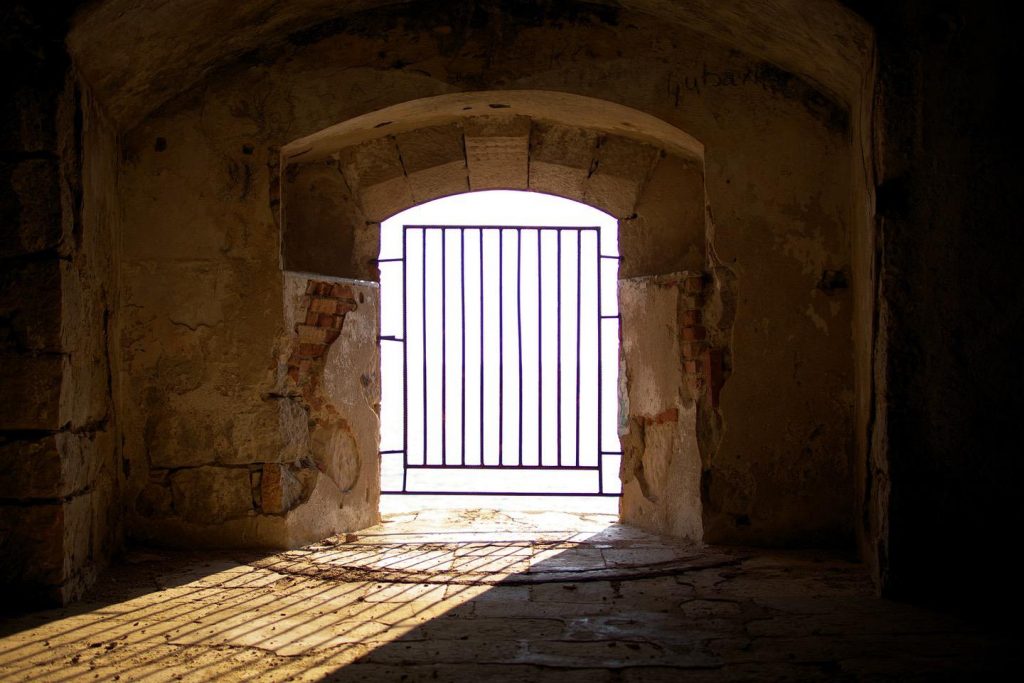
Every relationship is built on trust. When that trust is fractured, the relationship is in serious danger. That is because trust is to relationships what bones are to the body. A fractured bone is a serious problem that cannot be ignored. It gives immediate rise to concern for the life of the body. If the fracture is severe, the body is at risk of going into shock – a life-threatening condition of itself. If the fracture results in bleeding (internal or external), that body is still at risk of death, even if shock doesn’t immediately set in. Fractures can also give rise to infection. At the very least, it takes a long time to heal. These things are also true when the trust in a relationship is fractured.
For these reasons, someone who is not trustworthy is considered “not worthy” of the other. This is a fundamental fact that even the courts in the land recognize. It is obvious to all that a spouse who is not consistently faithful is not worthy of their partner. An employee who is dishonest in their dealings is not worthy of their employer. The circumstances of each case may be different (that is, the reason given for the breach of trust), but the fact that the breach is ‘life-threatening’ and probable cause for permanent separation is a given. It is just impossible to reconcile with any who repeatedly give in to their predilection for breaking the fundamental trust so key to a relationship.
The same could be said for our relationship with Jesus. Those who violate His trust by putting a different relationship ahead of Him are not worthy of Him, and likewise those who prioritize their own comfort. To this very point Jesus said, “Anyone who loves his father or mother more than me is not worthy of me; anyone who loves his son or daughter more than me is not worthy of me; and anyone who does not take his cross and follow me is not worthy of me.”
Jesus is not saying that we should disown or otherwise destroy our family relationships. He is saying that any who choose any other relationship – even that of parents or children – over that with God, are not worthy of a relationship with God.
To ignore God’s call is to commit idolatry to God’s face. It really doesn’t matter why we’re ignoring His call, just that we are choosing another relationship over that with Him. It likewise doesn’t matter what God’s call is – whether it is to live here or there, or to do this or that, or even to suffer and die. God’s call must be preeminent. This is how we demonstrate our worthiness to know Him and to one day gaze upon His face. We must be completely loyal and completely obedient. “[Jesus] insists on such a fierceness of loyalty to himself that the significance of normal bonds and commitments, and specifically family ones, is undercut. The ties that bind are relativized in favour of a newly found, more fundamental tie.”
That truth is obvious even when we are first presented with the Gospel. To say yes to Jesus is to say no to all else. But that truth also has application every day of our lives, for it is lived out in the daily decisions we make, and it is seen in the trends of those decisions over time.
The truth is that we’d be turned off if he was less demanding. Why is it that we tend to stay away from “cheap” stuff? Because we feel that those things that place a low demand on our wallet are inferior. […] God demands that we love him even more than those nearest and dearest to us. That tells us something about his worth.
Alan P. Stanley
APPLICATION: Intentionality
Are you putting Jesus first today? How will you keep Him ‘first’ today?










